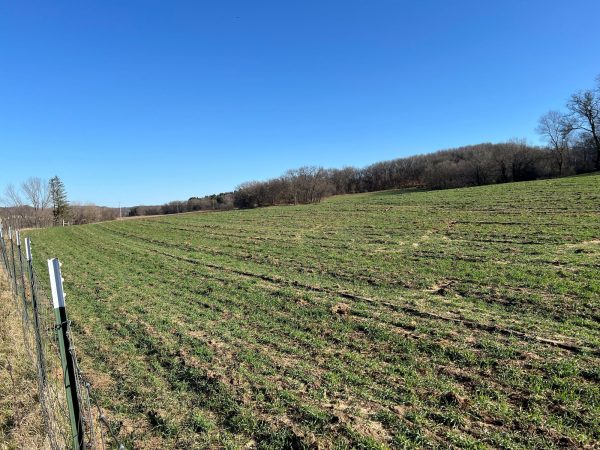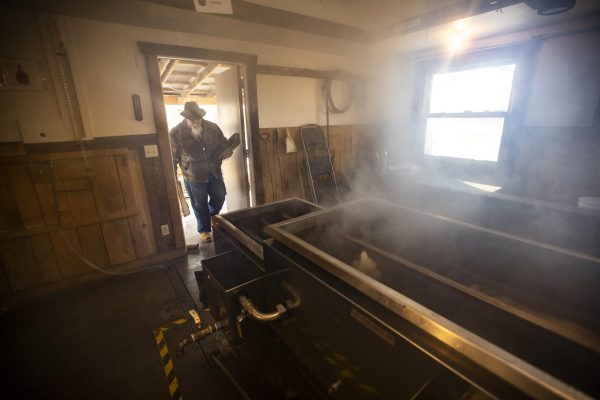How do I file an action in small claims court?
September 18, 2022
In 2021, more than 5,000 cases landed in small claims court in Wisconsin, a special court where a plaintiff can seek money judgments against a defendant if the amount claimed is less than $10,000. Examples of such cases are breach of contract, property damage, or money owed from one person to another. Personal injury cases also go to small claims court if the amount claimed is less than $5,000.
Small claims is also the dedicated forum for eviction actions between a landlord and tenant, regardless of the amount claimed. In fact, the majority of small claims cases are eviction actions.
Small claims court is also the appropriate venue when a party seeks the return of property worth less than $10,000, and for consumer credit transactions if the amount financed is less than $25,000.
Other types of cases can land in small claims court, which is less formal than circuit court, cases are resolved more quickly, and it is generally less expensive to obtain a judgment.
Do I need an attorney in small claims court?
It is always advisable to have an experienced attorney assist on a legal case, even in small claims court. However, because small claims court is less formal in terms of the rules and procedures, many people opt to represent themselves, typically called proceeding pro se, in small claims court.
If you opt to proceed pro se, you would be presenting evidence on your own and speaking to the judge directly. You may wish to contact an attorney, even if you proceed pro se, to provide advice on the strength of your case and the kinds of evidence you will need to submit a valid claim.
An attorney may also be instrumental in helping you settle your case without the need to “go to court,” which involves a significant investment of time and money, even for small claims.
How do I file a claim in small claims court?
A plaintiff initiates a claim by filing a summons and complaint in small claims court against the defendant. A summons and complaint is a basic document in which you name yourself as a plaintiff, name the defendant, and note the type of case, such as claim for money less than $10,000. You can find the necessary forms via the Wisconsin Circuit Courts website at wicourts.gov.
You will provide a brief statement of facts and dates relevant to the claim. Failure to name the correct defendant could result in dismissal of your case.
Each county has its own small claims court to resolve disputes, and you will need to pay a fee to file your summons and complaint. For instance, in Milwaukee County, it will cost about $100 to file a basic complaint. But various fees and surcharges may apply to your case. For low-income residents, you may be able to obtain a waiver of the filing fees.
You will generally file your case in the county where the defendant resides, the county in which the contract was signed or where disputed property is located, or where the claim arose.
Your summons and complaint must be “served,” that is, personally delivered to the defendant by a process server, who will charge you for the service. The county sheriff may be used as a process server, but will charge a fee. Fees charged by private process servers may differ. Some counties allow service by mail through the clerk of court, but if that is not successful, the case will be adjourned so the plaintiff can serve the defendant through a process server.
What happens now?
As you can see, small claims is intended to be a less formal and inexpensive forum to resolve disputes, but parties must meet certain deadlines and filing requirements, and pay fees. Simply filing your case, or answering a complaint as a defendant, involves time and money.
And that is just the beginning. Once the complaint and answer has been filed, a trial date will be set and a judge or court commissioner will be assigned to hear the case.
You will be required to make your case by presenting supporting documents, such as receipts or contracts, to the court. You will need to determine if you need witnesses to testify (which may require you to serve a subpoena). Preparation and organization will be key to your case.
Each party bears the burden of proving his or her claims “by the greater weight of the credible evidence,” and each side taking turns presenting his or her evidence. There will be an opportunity to cross-examine the opposing party’s witnesses.
After the evidence is presented, the judge or commissioner will make a decision or issue a written decision at a later date.
Conclusion
This is just a basic overview of small claims court in Wisconsin, and does not discuss the various forms, fees, filings or procedures that must be followed to make (or defend) your case.
While many Wisconsinites choose to proceed pro se, the value of an attorney cannot be overstated to assist you. Consider contacting an attorney to provide guidance on your small claims case, or to help you resolve it through settlement before the case goes to court.
For low-income residents, you may qualify for a legal aid attorney to represent you pro bono (for free), but you must meet eligibility requirements and resources are limited.
Angela Knight is an attorney at Walden, Neitske & Kuhary, S.C. in Waukesha. Her practice focuses on civil litigation, small claims, business transactions, and estate planning. She is a member of the State Bar of Wisconsin’s Lawyer Referral and Information Service, which connects Wisconsin residents with lawyers throughout the state. Learn more at wislaw.org.






















